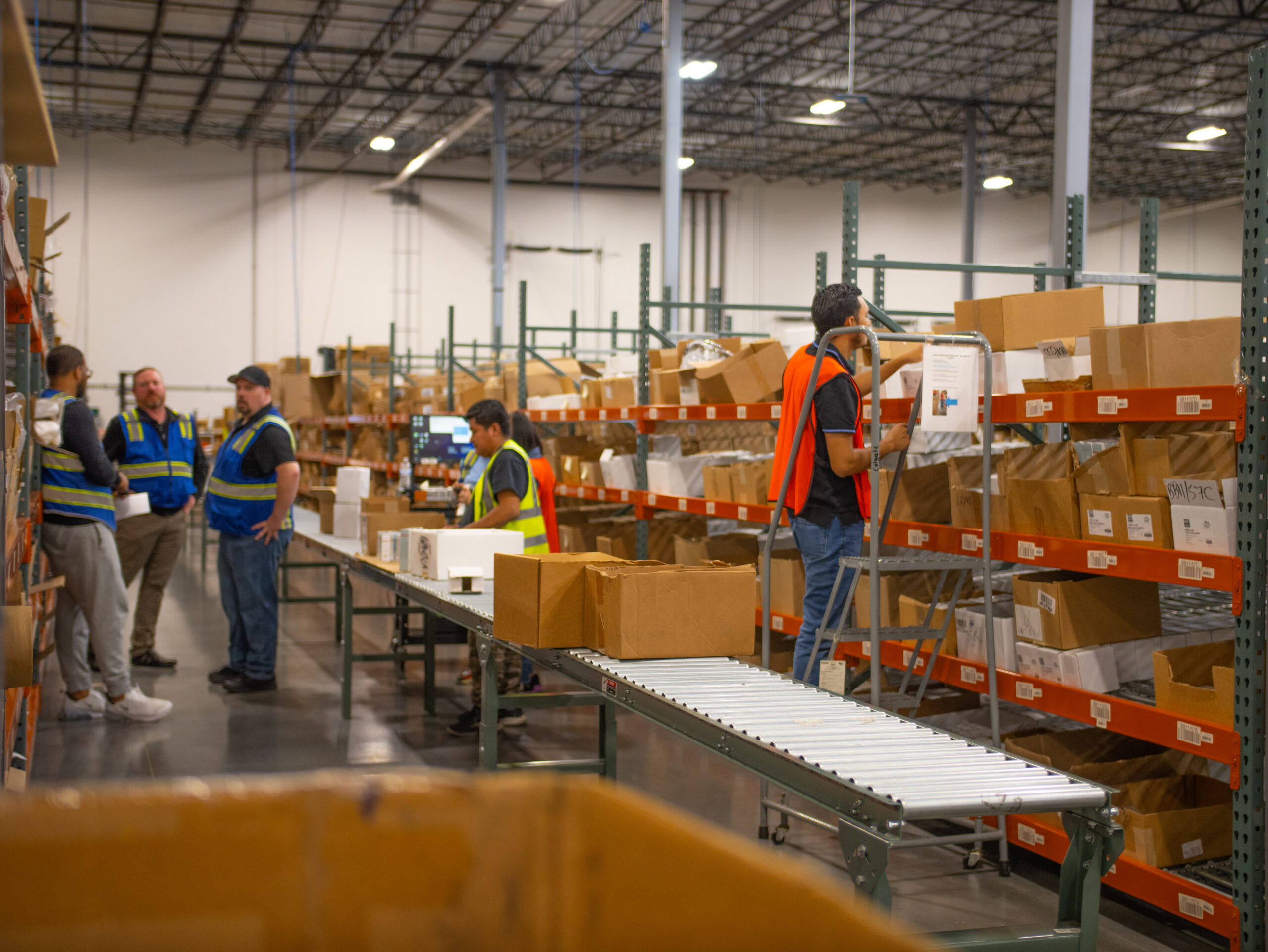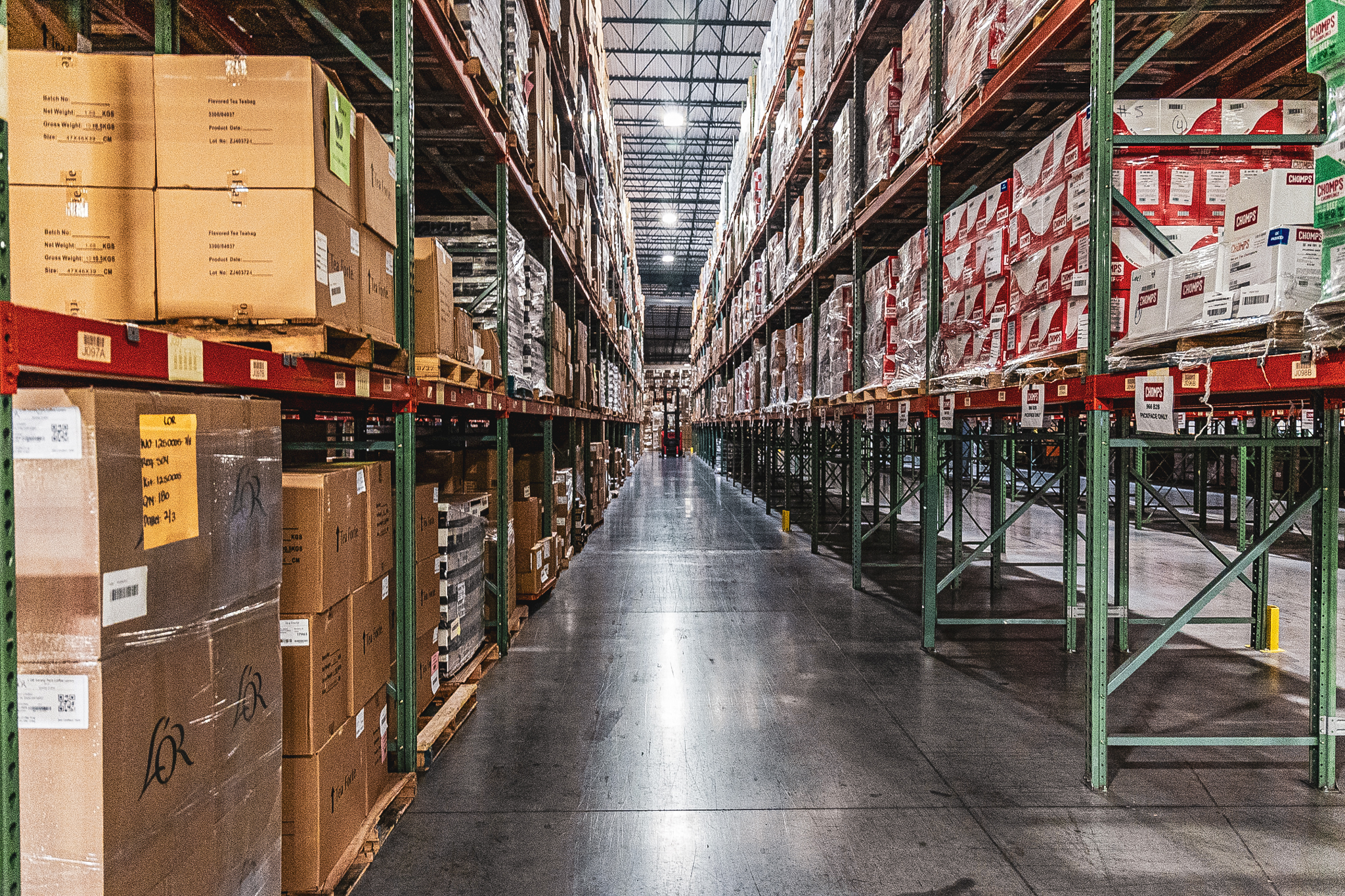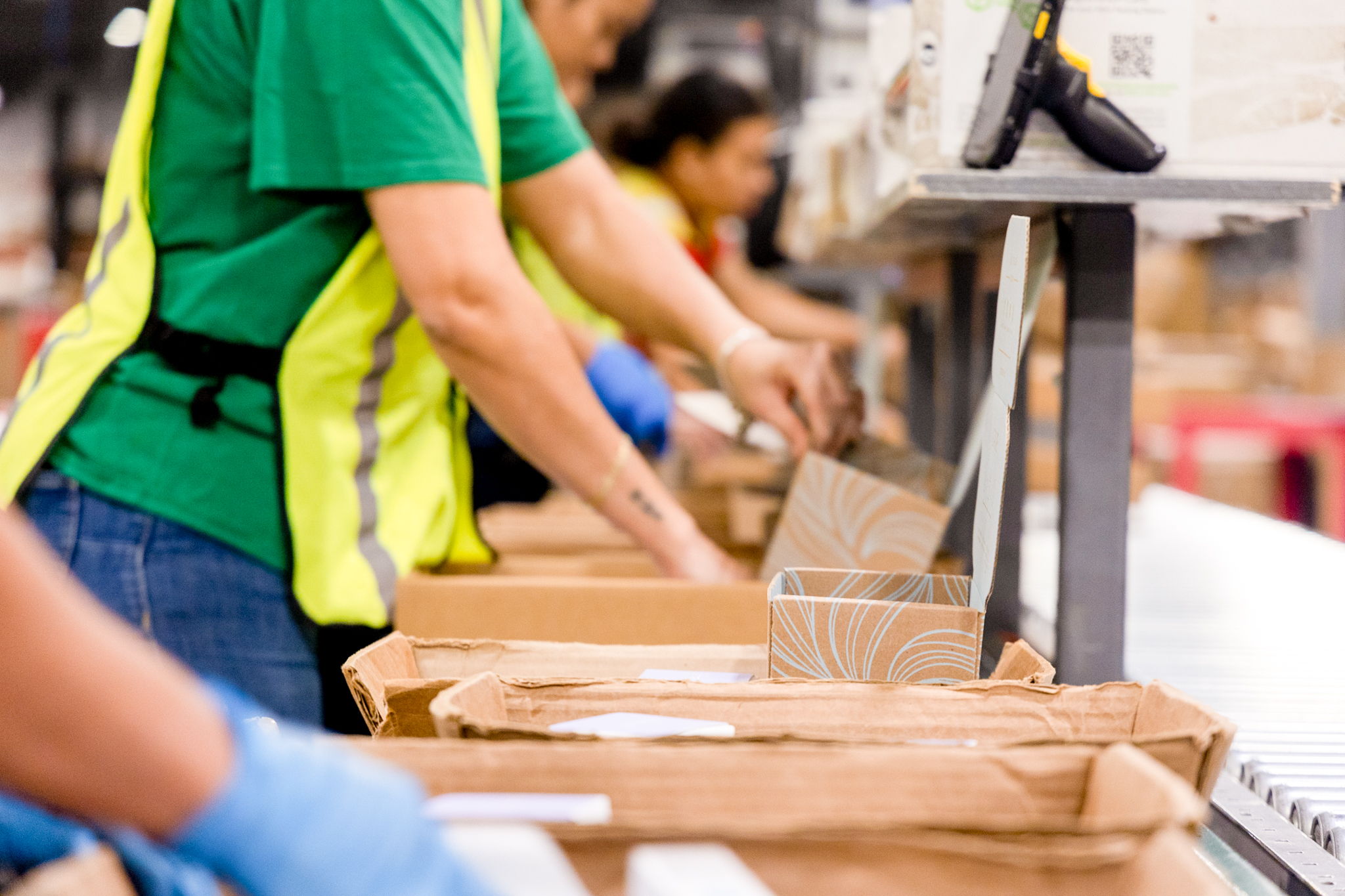It has been a few weeks now since the outbreak of COVID-19 has dramatically reshaped life as we know it. Though we have had some time to get used to these changes, a lot remains unclear and unknown. The supply chain industry has been stretched as thin as possible to accommodate all of the panic-shopping, stockpiling, and other delivery needs during this time. Many distribution companies have found themselves in a pinch with ill employees and a demand that is just too much to keep up with. IDS, however, has remained a leader during these trying times, and that is due to many factors both in leadership and on the warehouse floors. Chief Executive Officer of IDS, Mark DeFabis has helped the company adapt to the changes and done everything possible to keep IDS running smoothly. Here is some brief insight from Mark himself on what IDS has been doing differently and how we will continue to deliver competitive advantage even in these trying times.
Q: How has the COVID-19 pandemic impacted the way IDS does things operationally?
A: IDS has been designated as essential infrastructure, so it is critical that we continue to operate as best as possible in order to support our customers while also ensuring the safety and security of our workforce. Keeping that in mind, our administrative staff, including most of our IT, HR, Accounting, and Sales and Marketing Departments are working from home as they do not need to be physically at our warehouse locations to perform their jobs effectively. We have updated short-term sanitation practices in the driver check-in areas to minimize traffic, increase the sanitizing schedule cadence, and minimize/eliminate shared resources (e.g., pens). We have limited the access that outside parties have to our warehouses – only vendors and customers may go in. Any outside parties that wish to access our facilities must certify that they are not symptomatic and have not had any close contact with anyone who has been determined to be infected. We have also maintained our normal weekly meetings with our teams either via teleconference or with greater use of video conferencing platforms such as Zoom. Our operational team is functioning as normal with the added sanitation practices and heightened awareness of social distancing protocols.
Q: How is IDS specifically adapting to the COVID-19 changes?
A: As with most organizations, IDS is complying with the CDC guidelines as best as possible. We have increased our sanitation program and frequency, we have adapted our breakrooms to allow for more social distancing, we instructed our workforce to stay home should they feel sick or show any symptoms of COVID-19. With that we have told them, even before the actions currently taken by Congress, that we will make sure they do not suffer economically as a result this crisis. In addition, we made the decision to cover all costs associated with testing for COVID-19.
Q: Is IDS doing anything that major players like Amazon are NOT doing?
A: I don’t know that we are doing anything different from my discussions with our national trade association, but I can say that IDS has been ahead of the curve in terms of updating policies and practices to quickly adapt to the crisis. In times like these, it is beneficial to be a part of a national trade group such as the International Warehouse Logistics Association where we can share best practices. I was happy to share our plans and policies with many other 3PLs throughout the country who were not as far in front of things and needed to react quickly. I am also thankful for the information I was given from others in our industry as we looked to plug gaps and deal with the operational complexities of implementing the CDC guidelines. Along with that, our internal COVID-19 Working Group has met regularly to discuss the next steps we need to consider as the crisis progresses. Though we do have policies and plans in place in the event that one of our employees contracts or tests positive for the virus, we have not yet had anyone have a positive test. It has been reported that Amazon facilities, in the New York area, have had positive tests from employees, but I am not aware of the resulting actions. We are taking every action practical to ensure that we reduce our chance of exposing our workforce and facilities to the virus and minimizing the impact in that eventuality.
Q: This has obviously impacted everyone immensely, are there any positives to come from this?
A: One positive is the increased awareness of the need for good personal hygiene and sanitation practices. Hand washing, covering your cough, and other practices are becoming more routine and I see them continuing even after the crisis ends. Everyone is being forced to develop better habits that will carry over into normal life.
Q: What is the biggest negative impact from this crisis?
A: The biggest negative is the distancing that must be practiced. With half of our employees working from home, and those still in the warehouses having to distance themselves at lunch and break periods, there is no longer the “team” feeling that we traditionally experience. While we have been able to maintain our normal weekly meetings with teleconferencing or video conferencing, we all miss the ability to have everyone work together face-to-face and the give-and-take that comes from that.
Q: What do you see as the lasting results from this once everything has gone back to normal?
A: I think that there is already a heightened appreciation for 3PLs and the role that they play in the national supply chain. In addition, with many retail stores closed and many individuals working from home and unable to travel, retailers now understand how critical it is to have the ability to sell directly to the consumer. For the last few years, the buzz work in retailing has been “multi-channel”, but I think our current crisis has highlighted the critical role of the direct-to-consumer channels.
Q: You have had the opportunity to communicate directly with Governor Holcomb on this subject. Are there any major takeaways that you can share from that conversation?
A: I can’t say enough about the great leadership we have had from Governor Holcomb. I must admit that I was concerned when businesses began to shut down and the severe impact it would have on our economy. I spoke to the Governor about this and he was the first to provide me with the medical related statistics about the number of infected individuals who would need hospitalization as a result of COVID-19. Without measures to quickly mitigate the infection rate, every hospital system in Indiana and the country would be stretched to the breaking point. We are seeing this now in hotspots like New York City. By taking quick action to limit the rate of infection, Indiana bought itself time to prepare the healthcare system for the coming surge. Governor Holcomb has always had a great appreciation for the logistics industry and its importance to our state and national economy. He was quick to ask what we needed to continue to remain operational during this period as he quickly recognized the essential role that we play in the supply chain for many critical products. Our regular calls with his office have been extremely helpful as we work to stay ahead of the crisis and remain operational.
As this crisis continues to develop and impact the way we live, IDS will continue to run strong and united as leaders in this industry. We will continue to provide you with excellent service and keep you up to date with changes and current happenings as we learn them. Our customers and clients are of the utmost importance to us, and we will continue to be here in every way that we can.










